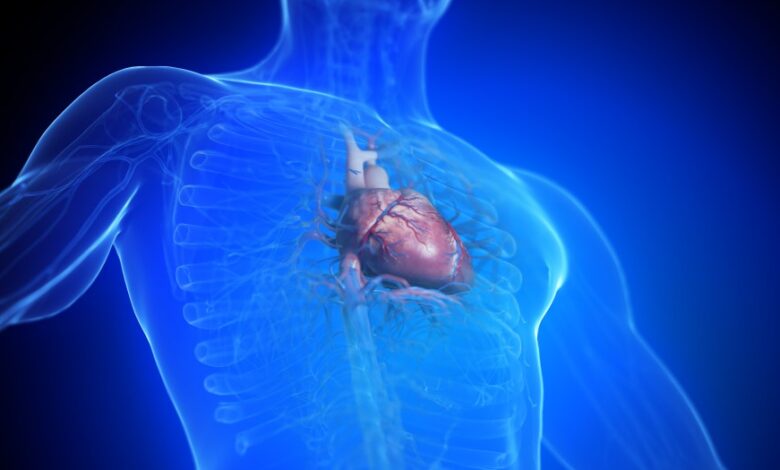Your takeout containers could cause congestive heart failure

After a long day at work, there’s nothing better than coming home, kicking off your shoes and ordering some tasty, warm takeout.
But recent research out of China suggests that simply placing hot food into plastic takeout containers could give you heart problems — even if you don’t microwave it.
Researchers conducted experiments on rats, exposing them to water that had been boiled and placed in plastic takeout lids for different durations — one, five and 15 minutes — over a period of three months.
The results were alarming — regardless of how long the plastic had been in contact with hot liquid, the rats experienced significant disruptions in the gut biome, including inflammation, which increases the risk of cardiovascular disease.
The researchers also discovered significant damage to the myocardial — or heart muscle — leading them to conclude that “high-frequency exposure to plastics is significantly associated with an increased risk of congestive heart failure.”
Since the plastic exposure came only from placing hot liquid in the containers — without any microwaving — this study suggests that simply eating hot food from plastic takeout containers may be enough to increase the risk of heart disease.

To complement this data, the researchers also asked 3,200 people to complete a survey about their exposure to plastic and their cardiovascular health.
They found that those who frequently ate from plastic containers seemed to have more heart problems, particularly congestive heart failure.
The study has some shortcomings. First, researchers could not assess precisely which plastics the rats had in their bodies, nor did any of the rodents develop full-scale cardiovascular disease.
Meanwhile, the human study was based on self-reported findings rather than lab results, and the researchers acknowledge that the link between the takeout containers and the cardiovascular symptoms could be due to other factors.
Still, this is the latest evidence suggesting that microplastics in food service can cause serious health problems.
The study’s authors acknowledged that “further research is necessary to elucidate the health impacts of long-term exposure to plastic products.”
However, while it might sound extreme, they recommended that “in the meantime, to prevent ongoing harm from plastic products to human health, it is essential to avoid using plastic containers for high-temperature food.”




